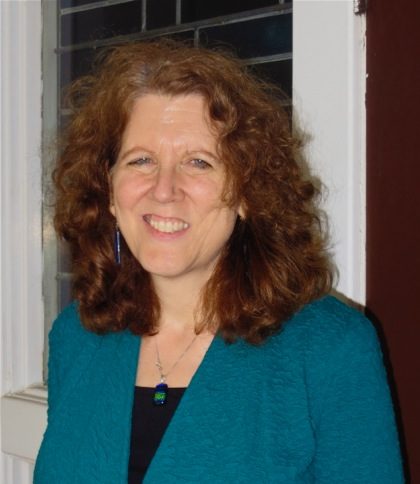Early one Friday morning in June, I stood with a group of hotel housekeepers who were about to do something very brave. Returning from a one-day strike, as a protest against unsafe working conditions, they feared retaliation. Juan Carlos was selected to be the first worker to punch the clock at 7 am, hoping that he would still have a job.
He wasn’t alone. A state legislator, a priest, and I accompanied him, along with a few other workers. We wanted the management to know that they were being watched. If Juan Carlos or any of the other striking hotel workers were fired, it wouldn’t be a secret. Juan Carlos plucked up his courage, led the delegation into the lobby, through a back door, and down the hall.
Soon the hotel manager showed up, red in the face. He was a bear of a man, rude and aggressive, even to the distinguished and peaceful guests. The workers were not surprised. “This is how he treats us every day,” they explained.
The manager cut us off when we tried to speak and accused us of trespassing. I had met this man once before, in his office, where he had also refused to listen to a delegation of clergy and city councilors. Yet this time, Juan Carlos and the other workers went right back to work.
Had Juan Carlos and the others entered the building alone that day, they may have been turned away, to have their jobs handed to someone else who was desperate enough to work in this hotel. Located next to a major hospital in Boston, the hotel was often filled with patients. Workers had to clean up body fluids and medical waste, without any protective clothing. Their pleas to the management had gone unheeded.
In this difficult moment, these workers gained confidence because they knew they were not alone. Someone stood with them.
This week’s portion, Nitzavim, describes the entire People of Israel standing together as one. The Torah enumerates every interest group by age, gender, class, and even the stranger.
As the people stand together, they are reminded that God has called them to a purpose.
“See, I set before you this day life and prosperity, death and adversity… I call heaven and earth to witness against you this day: I have put before you life and death, blessing and curse. Choose life—if you and your offspring would live” (Deut. 30:15, 19).
Birkat Avraham (Rabbi Avraham Weinberg, 20th century Israel) explains that this choice refers to the time when the people stood at Mt. Sinai, prepared to receive the Torah:
“In receiving the Torah there were two qualities: love – as their souls departed in absolute ecstasy; and [awe] when God held the mountain over them like a tub. The quality of love alone is insufficient to sustain us through times of darkness. That is why God held the mountain over them like a tub: this provided the inner strength … even in dark times, when serving God seems like a yoke and burden, we will be able to take it on ….”
At Rosh Hashanah many of us join together out of love. We gather for meals with loved ones, we catch up with good friends after the long summer. For others, it can be a time of great awe, as we wonder what lies in store for us in the year to come. If we are living with illness or loss, or struggling to keep a job, we enter the New Year the way Juan Carlos entered the hotel, with fear and worry.
When we stand with those who are struggling, reminding them that they are not alone, listening with compassion to their fears, and standing with them in times of darkness, God is with them. They will gain the inner strength to step through that door.
As we approach the New Year and the Yamim Nora’im, Days of Awe, this portion reminds us how important it is to join together to make change. Who is standing with you today? Whom do you stand with?
Rabbi Barbara Penzner stands with the New England Jewish Labor Committee and as rabbi of Temple Hillel B’nai Torah in Boston. She took a lead role on behalf of the Hyatt 100 housekeepers and continues to advocate for fair labor for all workers, including hotel workers.

